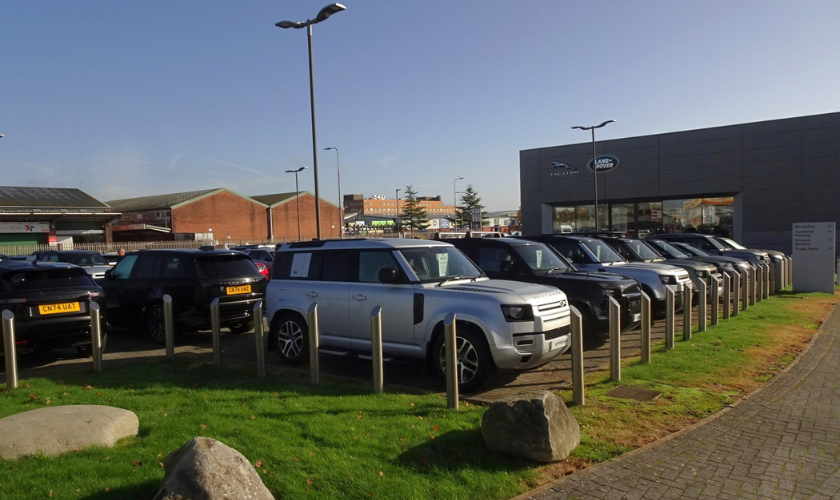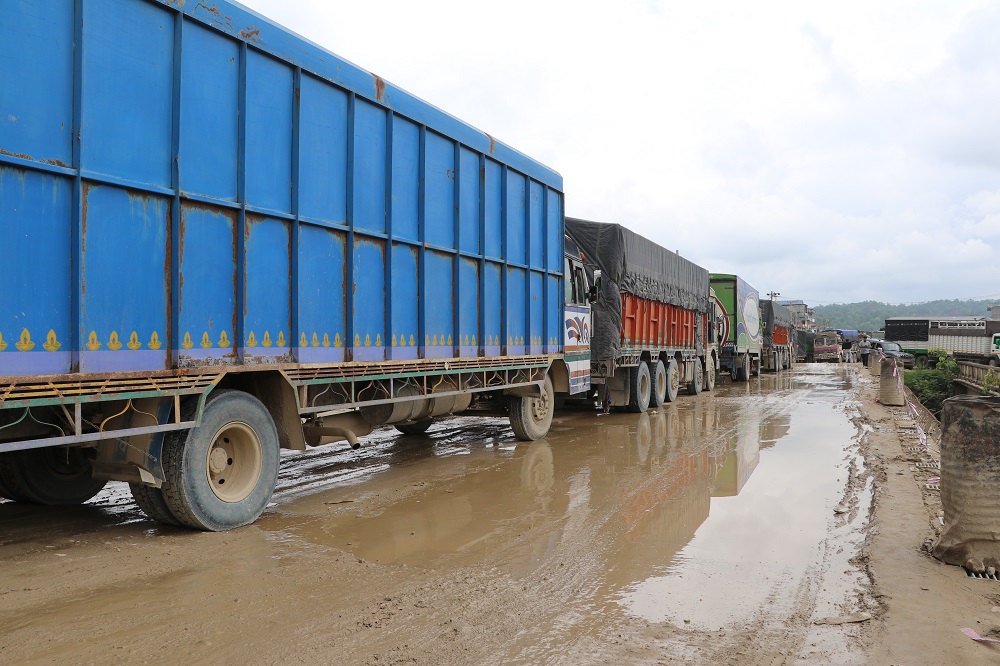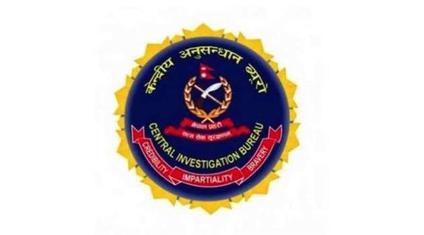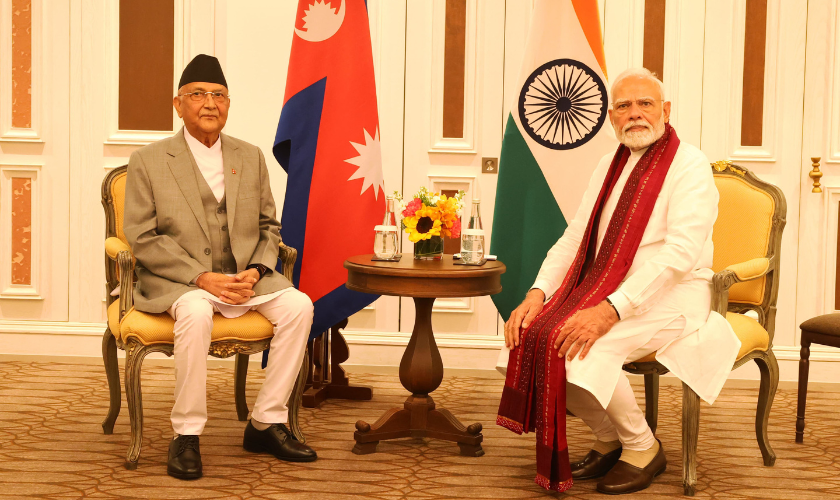Amid ongoing controversy over the formation of the Nepal Automobile Importers and Manufacturers Association (NAIMA) following what many have referred to as a ‘split’ from the NADA Automobiles Association of Nepal (NADA), both organizations issued a joint statement on Sunday, April 6, affirming that their independent coexistence will ultimately serve to strengthen Nepal’s automotive industry.
In the statement, the organizations characterized the controversy as stemming from “misunderstandings about NADA and its role.”
“Recently, discussions and news regarding the establishment of the Nepal Automobile Importers and Manufacturers Association (NAIMA) have led to some misunderstandings about NADA and its role,” read the statement. “We want to clarify that both the organization NAIMA and NADA believe that independent co-existence of both organizations will strengthen the automobile industry in Nepal.”
NADA, a long-established umbrella body for Nepal’s automobile entrepreneurs, reaffirmed its commitment to promoting the country’s auto sector through collaborative policy development, advocacy, and facilitating trade and business operations.

Meanwhile, NAIMA — which is officially launching on April 16 — has been formed to advocate for “mobility empowerment,” bringing together importers and manufacturers with the aim of modernizing and developing Nepal’s automotive ecosystem. The joint statement, signed by Karan Chaudhary and Ritu Singh Vaidya, presidents of NADA and NAIMA, respectively, emphasized that each organization will pursue its respective goals independently while allowing some companies to hold dual memberships.
NAIMA plans to drive progress in Nepal’s auto industry through strategic policy engagement focused on sustainable and safe mobility.
“NAIMA is an organization that will be representing a specific area within the automobile industry, but its focus area and interventions will be for empowerment, development and growth of automobile industry and its stakeholders,” the statement added. “NAIMA is committed to educating consumers by promoting adoption and responsible environmental practices along with the need for improving road safety and infrastructure, working closely with the government to achieve these goals.”












